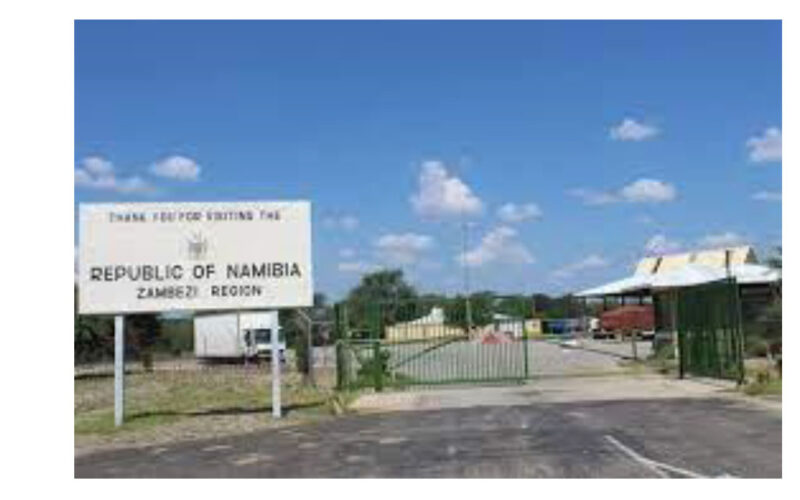The introduction of a 24-hour border operation between Namibia and Zambia is anticipated to provide a boost to the operations of the Walvis Bay Port. Officials from both Namibia and Zambia are of the opinion that this initiative, launched at the Katima Mulilo border post this week, will be advantageous due to the increasing trade of imports and exports between the Port of Walvis and Zambia as well as the Democratic Republic of the Congo.
The Zambian Minister of Home Affairs and Internal Security, Jack Mwiimbu emphasized the timely and strategic nature of the 24-hour operation’s inauguration at the border. He underscored that this operational expansion aims to address trade growth barriers and enhance competitiveness within Africa. These efforts align with the core objective of the Africa Continental Free Trade Agreement (ACFTA), to which both Namibia and Zambia are signatories.
“This 24-hour operation is set to contribute to the establishment of a continental marketplace for goods and services, promoting seamless movement of people and capital. Furthermore, it seeks to facilitate intra-African trade growth by harmonizing and coordinating trade liberalization across the continent,” stated Mwiimbu.
Mwiimbu also highlighted that the adjustment in border operating hours will undoubtedly simplify the movement of goods and individuals across the border, subsequently leading to increased trade volumes through the Walvis Bay-Lubumbashi Economic Corridor, a pivotal corridor for Zambia.
Namibia’s Minister of Home Affairs, Immigration, Safety, and Security, Albert Kawana, outlined Namibia’s unique decision to extend dry port facilities to its landlocked neighboring countries. Kawana explained the significance of the Walvis Bay-Ndola-Lubumbashi Corridor for both Namibia and Zambia, offering an alternative sea transportation route that reduces turnaround times for imports and exports.
Kawana further underlined that this granting of dry port facilities is in line with Namibia’s ambition to become a logistical hub in Southern Africa. “Effectively, Zambia is now connected to the sea via the dry port at the Port of Walvis Bay. Logistic hubs enhance transportation efficiency by pooling logistics service providers to deliver value-added services through asset sharing, ultimately influencing the flow of goods and services.”
Regarding the 24-hour operation at the Katima Mulilo border post, Kawana emphasized that this measure is part of a broader strategy aimed at revitalizing Namibia’s economy. He expressed optimism that this move will substantially benefit both countries, enabling businesses to engage in continuous cross-border trade. Kawana emphasized that this operational shift eliminates the need for truckers to wait overnight at border posts for morning clearance, enhancing timely delivery of goods and services.




